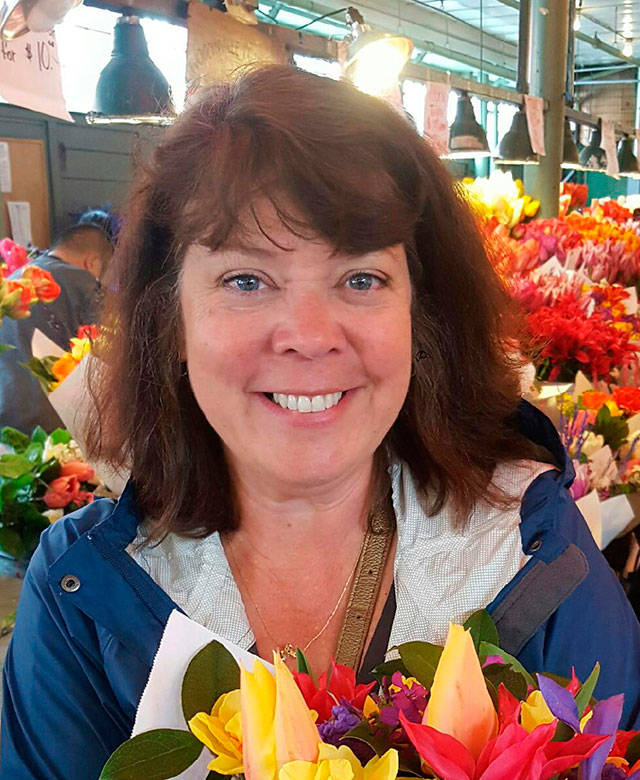We started the Tyler Moniz Project after our son died by suicide the day after his 21st birthday.
He was funny and kind, loved and healthy. He was surrounded by friends, and he couldn’t take it anymore.
We were blindsided. We simply could not understand how someone with so much love in his life could give up completely, in the most permanent way. It made no sense.
We’ve spent the past year trying to understand Tyler’s choices. He chose to show kindness, loyalty, and compassion to his friends and family. He simultaneously chose to struggle with depression alone. He chose to maintain a cheerful facade, telling his family what he believed they wanted to hear. He chose to keep his despair a secret. And he chose to take his life in the middle of the night.
After Tyler’s death, we looked at our own behavior hoping to identify the problem. We tossed and turned at night trying to find someone or something to blame. There was some bizarre comfort in that. We believed that if we could isolate the problem, we could fix it. But now we realize that it’s terribly difficult to solve a problem that is someone else’s secret. We came to the frustrating conclusion that Tyler was the only person who could have changed things. He might have diverted his thinking about suicide if he had simply talked about it. Conversations about tough topics can fracture shame, and have the power to change mindsets. We wish he had spoken to us, or anyone, really. So, through the Tyler Moniz Project, we want to start conversations.
There are so many three-word rules we give our kids: Brush your teeth. Do your homework. Eat your vegetables. Tell the truth. Call your mom. We need to add another: Talk about well-being. Children and young adults, especially, need to understand that while pain, frustration and sadness are normal parts of life, despair is different. It can lead to secrecy and shame, which is unhealthy and potentially dangerous. We need to talk, talk, and talk some more. We especially need to start a conversation with our kids about depression, the earlier, the better. Kids need to know that they deserve happiness. If they feel shame, unworthiness, or dread, it does not necessarily mean they are depressed. It does, however, mean that they need to say something. Had Tyler spoken more openly and honestly, perhaps we could have helped him get treatment and find his way back to well-being. At the very least, he wouldn’t have felt so alone.
We are not asking our community to fix the medical problems that lead to depression and suicidal ideation. That is work we hope to tackle one day, but it will have to wait.
For now, we are asking people, especially young people, to speak up when they are in the darkness of despair.
We are also urging our community to listen, show compassion, and act without judgment.
According to the American Foundation for suicide prevention, in 2017, on average, one person dies by suicide every eight hours in Washington state. Alarmingly, in Washington, suicide is the number one cause of death for children between the ages of 10 and 14. It is the second leading cause of death for people between 15 and 34. The most wonderful people right here in our community can make the most devastating choices.
Resources exist for people feeling depressed or considering suicide. Bainbridge Youth Services is a wonderful example. For more than 50 years, BYS has provided free, professional, confidential counseling and intervention to young people and their families. The Tyler Moniz Project is partnering with BYS to host roundtables for young people who have been affected by the loss of someone special, or are struggling with emotional health issues themselves.
We also are pleased to direct people to the Crisis Text Line, a nationwide, 24/7, completely anonymous resource.
Nancy Lublin, founder of Crisis Text Line, reports that 30 percent of the texts it receives involve suicide and depression. Using word recognition technology, Crisis Text Line gives the highest priority to texts about depression and suicide. Their text number is 741741. Please use it.
We hope to honor our son’s selfless friendship and open heart through the Tyler Moniz Project. We are carrying out this mission, in part, by urging you to speak about your troubles with people who care about you.
Likewise, we encourage you to stand by people who struggle with depression and work with them to find help. Everyone deserves to be happy.
For more information, please visit our website: www.thetylermonizproject.com.
To join the Out of Darkness Walk, a suicide prevention awareness walk, on Bainbridge Island on Saturday, Sept. 23 go to www.afsp.org/kitsap.
Lee Moniz is a registered nurse who has worked in the emergency room for the last 17 years. She lives on Bainbridge Island and has been a mom for 24 years.



